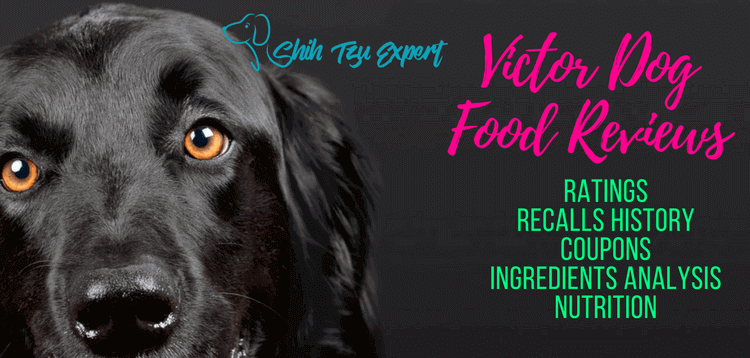What is hypothyroidism in dogs
Is a common disorder that is defined as the lack of secretion of hormones by the thyroid gland.

This condition is seen in large breeds of dogs and medium size dogs, it is less common in small breeds, it happens in mid-aged and elderly dogs ( between 2-10 years old).
Hypothyroidism is a condition characterized by a decreased secretion of thyroxin, the contrary trouble called hyperthyroidism is far less common in which the thyroid is secreting high levels of thyroxin.
Causes:
Causes are not fully elucidated, they are unknown, but there are some risk factors that are found to increase the incidence of the disease, this is a congenital disease, affected dogs transmit the disease to their litter.
Neutered male dogs and spayed female are found at a higher risk of getting the disease, Iodine deficiency and the use of some medications are also incriminated,
Signs and symptoms of hypothyroidism in dogs
Symptoms are the result of decreased metabolism, affected dogs become lethargic, less active, weaker, and become interested in playing, some owners report that their dog becomes dull and sometimes aggressive.

Some other minor symptoms can also be seen like seizure, infertility and hearing deficiency.
Diagnosis

The history of the dog as well as a concise description of the symptoms by the owner can help to diagnose it, Your vet may perform a bunch of tests to determine the thyroxin level in the blood and to assess the gland size and activity.
Treatment
Natural treatment for hypothyroidism in dogs

Natural treatments for hypothyroidism in dogs are mostly preventative measures. Most research indicates that a poorly balanced diet is a large cause of hypothyroidism (much like in humans). Avoid carbohydrate-based food and choose natural and unprocessed foods. Leashes and collars have been linked to hypothyroidism in dogs due to their location on the neck. Repeated tugging and pulling on collars can damage the thyroid, which prevents proper hormone secretion. Front clip harnesses are a great alternative to traditional leashes. Natural treatments such as Fenugreek, Kelp, Astragalus, and vitamin and mineral supplements can help prevent and treat some cases of hypothyroidism.
Hypothyroidism in dogs left untreated?

Hypothyroidism is easily treatable, but if left untreated this disease can be deadly. While experiencing more severe common symptoms such as lethargy, weight gain, skin and fur conditions, and lack of appetite, there is an additional risk of more serious symptoms. Seizures, incontinence, paralysis, and infertility can be caused by untreated hypothyroidism. Liver and kidney problems can also occur. It is best to see a veterinarian as soon as your notice symptoms to prevent these serious conditions.
Hypothyroidism vs. Hyperthyroidism in Dogs

![Best Cheap Dog Foods - our Top 10 Picks of High Quality Brands That Are Still Affordable [Under $1 per pound!] in 2023 Best Cheap Dog Foods - our Top 10 Picks of High Quality Brands That Are Still Affordable [Under $1 per pound!] in 2023](https://shihtzuexpert.com/wp-content/uploads/2018/01/Best-Cheap-Dog-Food-Featured-image.png)


